This year’s BFI London Film Festival (LFF) has come and gone and we’re still reeling (see what we did there?) from the talent and spectacle that was on show. With more than 30 Black and African Diaspora titles showcased during the festival, there was something for everyone. However, if you missed out, we’ve selected five films from the festival that are must-sees, and the reasons why they piqued our interest.
Widows
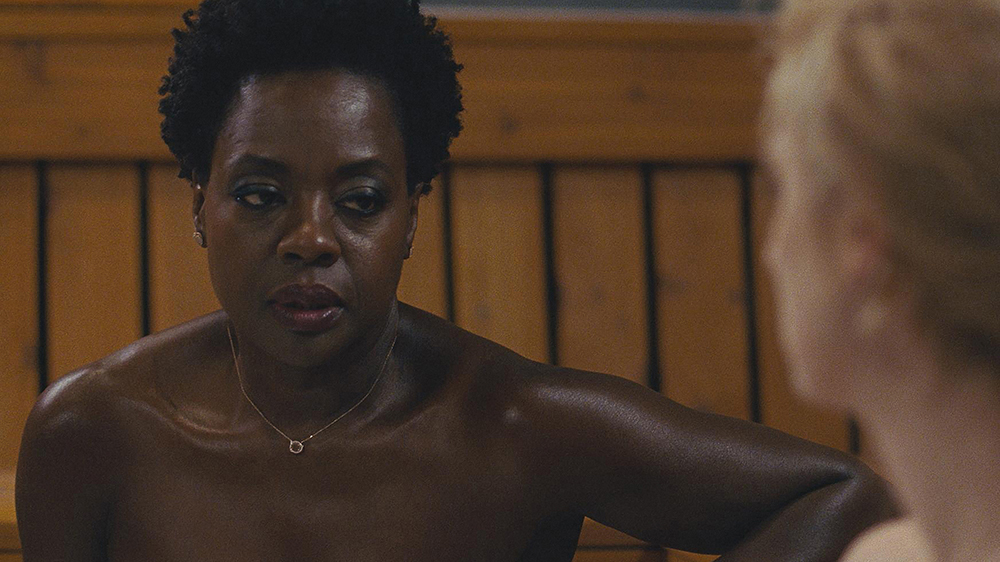
The annual October festival opened with Steve McQueen’s action-packed heist film Widows. From comparisons to Scorsese and rave reviews, this action movie is derived from the original British TV drama that McQueen was so enamored by as a child. Alongside Viola Davis and Liam Neeson are award winning British actors Daniel Kaluuya (Get Out/Black Panther) and Cynthia Erivo (The Color Purple), in a story about four widows who have nothing to lose and the only thing they have in common is the debt that needs repaying from their dead husbands’ criminal activities. With this casting and McQueen (12 Years A Slave) as director on the red carpet, I was compelled to ask Viola Davies whether this is a Golden Age for Black people in cinema? “If we are in a Golden Age it’s because we, Black artists, have made that possible. It’s like the whole journey of the hero and you realize you’ve had the power within you all along to make the change. That’s what we are doing in Hollywood, we’re making the change…but we still have a way to go. The way Widows opens is with me and Liam Neeson in bed; a dark-skinned Black woman with her natural hair in bed with a white hunk. No movie this year will have that, or the year before or next year, so if we are dedicated to inclusion we have to be dedicated to seeing more images like that. He’s not my slave owner, he’s not my pimp, he’s not beating me…” It seems seeing Black people in love, in everyday moments remains a rare and radical statement.
Been So Long
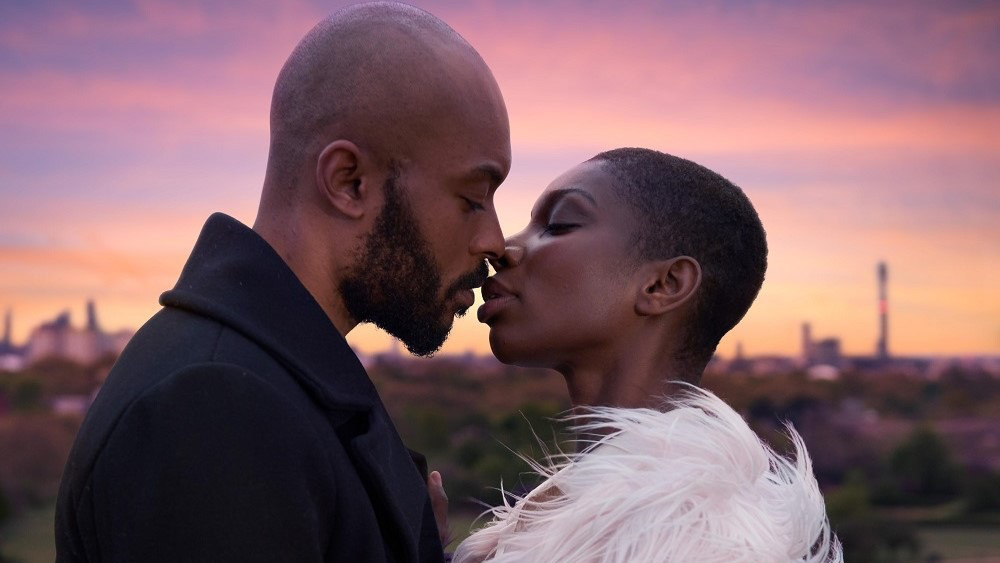
One of the most striking things about this year’s LFF is the diversity of representation within the films with Black leads and/or directors, not only in terms of casting but thematically both in the international and domestic selections. Cue Been So Long, the smile inducing love story giving us a vibrant view of London’s Camden adapted from Ché Walker’s stage play; a musical starring Michaela Coel (Chewing Gum/Black Earth Rising) and Arinze Kene (Misty/The Pass). Coel’s character, Simone is notably parent to a disabled child, representation we applaud, played by Mya Lewis. We are also struck by Coel as the central love interest, the belle; a short haired beautifully dark skinned one at that. Interestingly Coel was first offered the part of Simone’s best friend Yvonne, which later went to Ronke Adekoluejo whose comedic genius is perfect for the liberated and effervescent Yvonne. Adekoluejo is what Tiffany Haddish is to Girls Trip; co-creating some of the most memorable moments in the film. The wonderful dynamic between Coel and Kene, despite the tangible complexities of their relationship, quite rightly leaves you with a song in your heart and exiting the screening with a skip in your step.
If Beale Street Could Talk
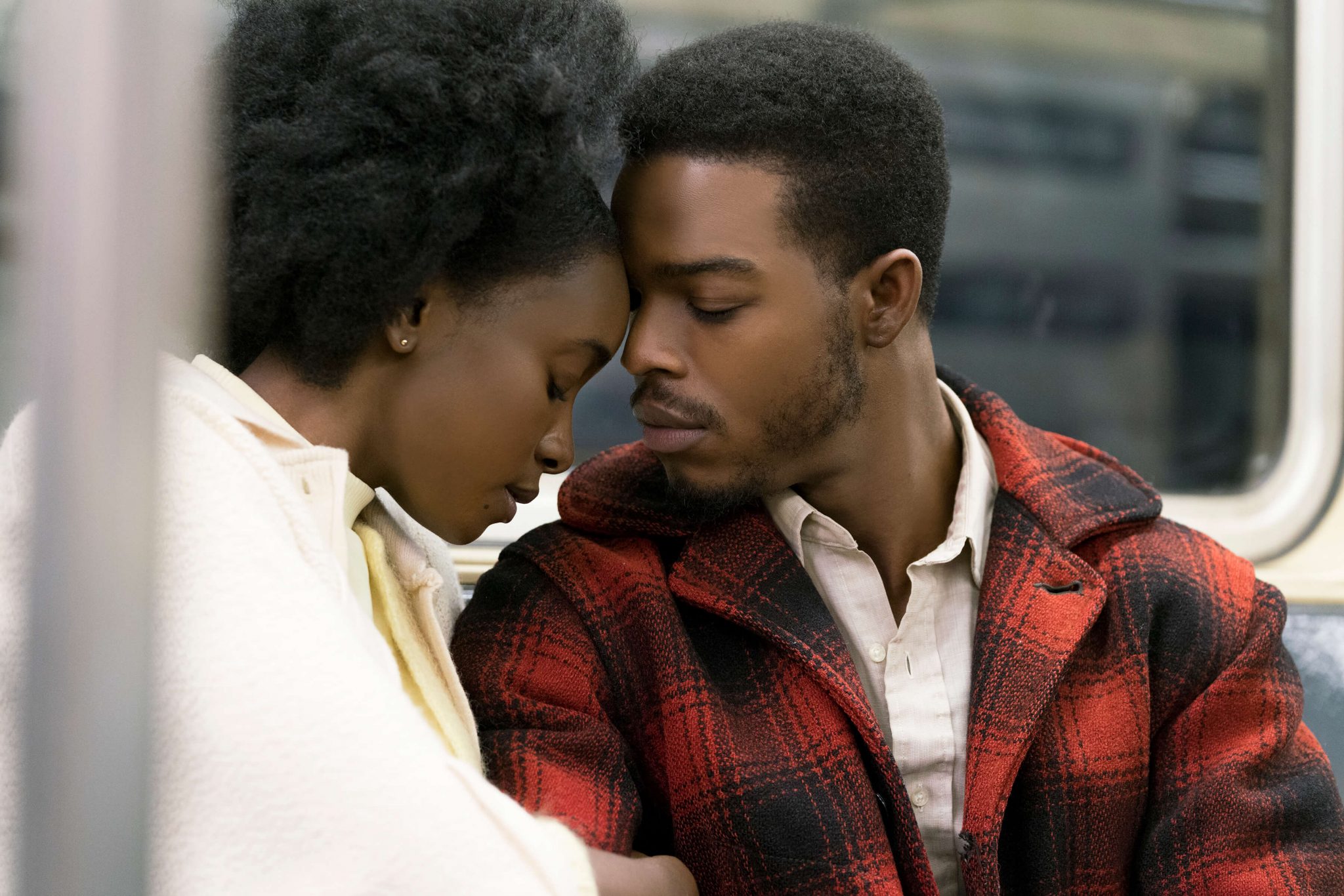
This film is set in 1970s New York, Harlem, and is based on James Baldwin’s novel of the same name, adapted by Oscar winning director Barry Jenkins (Moonlight). A searing story of a young couple in love being challenged by a false accusation and racial profiling, the lovers are played well by Kiki Layne and Stephen James. Coleman Domingo and Regina King as parents are particularly outstanding with a strong supporting cast that includes Brian Tyree Henry and Teyonah Parris. Jenkins gives us another beautifully shot visual to feast on, peppered with symbolism and lying on a virtuoso musical score; truly tear-inducing work. Watch the trailer here.
The Hate You Give (THUG)
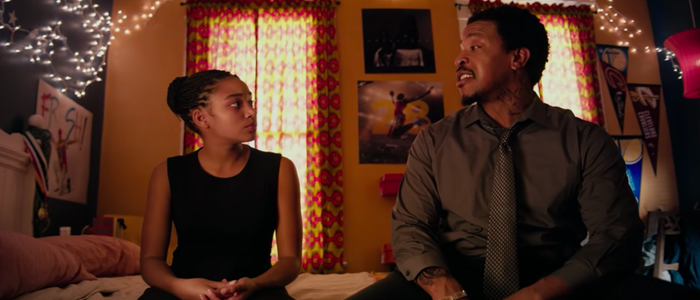
Another book adaptation, this time from Angie Thomas (read our review), it’s a modern take on police brutality with the murder of an innocent unarmed young Black man in the presence of Starr played by Amandla Stenberg. THUG is being called an ode to #BlackLivesMatters, activism in art and with the death of Black males, in particular, mounting a necessary rally cry. We also see Starr being isolated in her private school, as the only Black girl in her class and ‘code switching’ to be able to have a community of peers in a white environment that perceives Blackness as either entertaining or threatening. With a father called Maverick, who, played mightily by Russell Hornsby, has learnt lessons from his cultural and personal history and who will do anything to protect his family, both this film and If Beale Street Could Talk have another parallel in that they positively reposition the role of the Black father, in a way we haven’t seen since John Singleton’s Boyz In The Hood. The difference here with Laurence Fishburne’s unforgettable role is these men shine in the context of a unified loving family alongside strong mothers, played by Regina King and Regina Hall respectively.
Sorry To Bother You
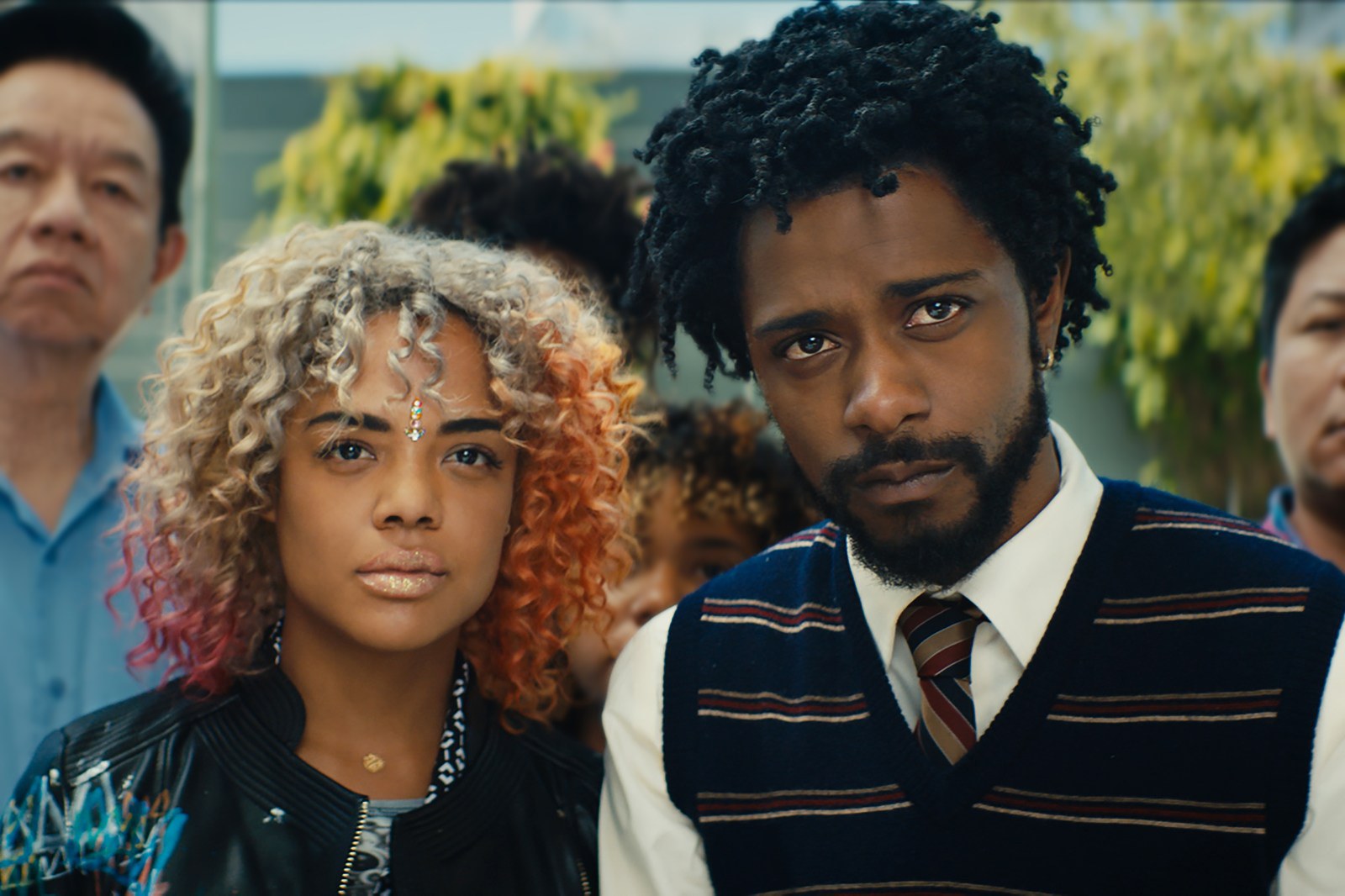
Last but certainly not least is Boots Riley’s Sorry To Bother You, a genre busting film that centres on a cold caller named Cassius. Riley’s debut is a thoroughly entertaining yet damning portrayal of capitalism sparkling with writing genius, punchy lines and a cadence that is a quiet salute to Riley’s musical background. The formidable cast is lead by Lakeith Stanfield (Atlanta/Get Out) with Tessa Thompson as his girlfriend Detroit, a dedicated performance artist, Steve Yeun, Danny Glover, Omari Hardwick, Forest Whittaker and Terry Crews as colleagues and comrades. Favourite moments include Thompson in her Marina Abramović-esque scene, Glover describing and teaching “the white voice” (encapsulating white privilege in a few lines), and the unexpected turn of events (no spoilers); there really is nothing like it.
General UK Releases Dates:
The Hate You Give: 2 November 2018
Widows: 6 November 2018
Sorry To Bother You: 7 December 2018
If Beale Street Should Talk: 18 January 2019
Opportunities to watch/special events:
Been So Long cast and crew nationwide city to city tour with Birds Eye View until 23 November 2018.
To watch these films and those like it with like-minded people, join Caramel Film Club (free membership).












